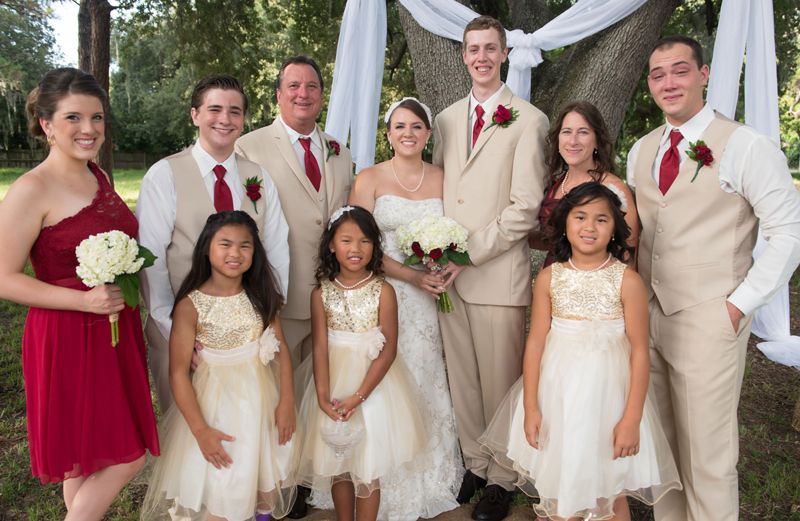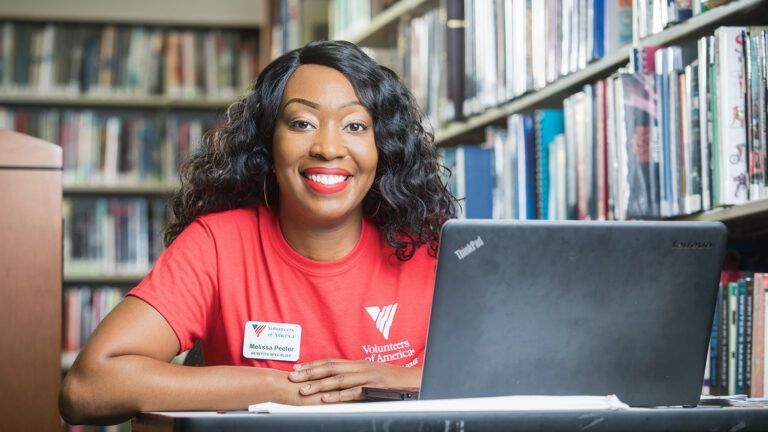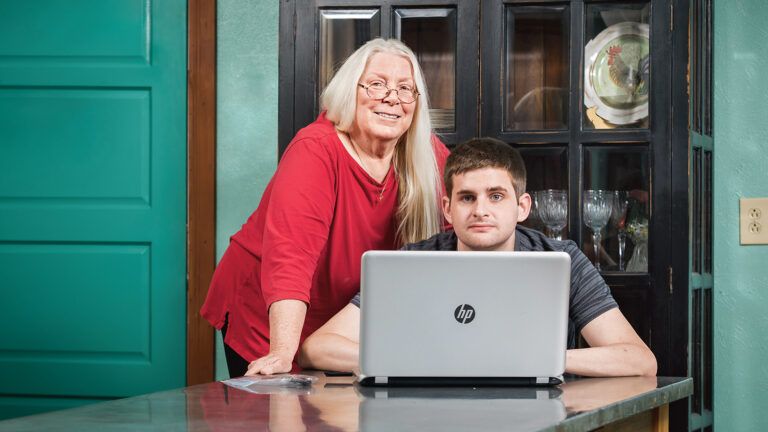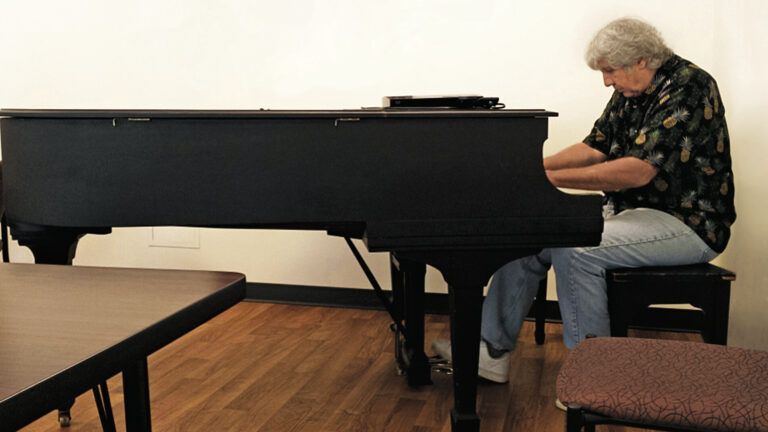“I’m not going back to group therapy. I refuse to be treated like that.” The voice was so furious that I had to hold the phone away from my ear.
Alicia Gonzalez, an Air Force veteran with post-traumatic stress disorder and depression. This was her second month at the Volunteers of America homeless shelter, a faith-based ministry, where I work as a case manager for female veterans.
She had a warm bed to sleep in. She’d gotten into therapy through the Department of Veterans Affairs. But every time I thought she was making progress something like this would happen. Another setback. It was hard seeing her struggle. I had told her to call me anytime she needed to talk. That’s a big part of my job—listening and offering coping strategies.
ENJOYING THIS STORY? SUBSCRIBE TO GUIDEPOSTS MAGAZINE!
“Ali, I need for you to calm down and tell me what happened,” I said. “Did you try the deep breathing that we talked about?”
Silence. “No,” she finally said. “I was so angry I didn’t think of it.”
Someone in group therapy had smirked while Ali was talking. She’d felt disrespected. Stomped out of the room. I talked to her until she calmed down. Still, I couldn’t help but feel I was failing her.
I was 25 and had only been working with veterans for a few months. In college I’d majored in human development and dreamed of helping children. My first job here at the shelter had been working with children. But it was the veterans I’d felt drawn to.
These women were driven, passionate about serving our country. They’d given so much of themselves only to come to us having lost almost everything—their jobs, their homes, their sense of purpose. Their stories were heartbreaking.
Ali had been an Air Force nurse for 10 years. Her work was intense and demanding, and she loved it, loved the fulfillment she got from caring for others. She’d treated men who’d been terribly wounded in action. To her, the trauma she’d suffered—sexual assault by a soldier—didn’t qualify for the same kind of care.
That’s why when she started having nightmares, when she couldn’t concentrate, when she felt angry all the time, she didn’t get help. She’d left the Air Force and was in her second year of law school. With her brain overloaded by trauma, she couldn’t focus and learn new material. She dropped out and went back to nursing. That was no better. Finally she left her job. With no income she couldn’t pay her rent.
For almost three years, Ali lived in her truck. There was no money for a doctor. She didn’t try the VA. That was for those who’d seen combat, she thought, not burned-out nurses. More than once she considered killing herself. At least then her suffering would end.
READ MORE: JAS BOOTHE FIGHTS FOR HOMELESS WOMEN VETERANS
Ali told me all this at our first meeting. Her case manager at the Action Center, a local group that helps the homeless, sent her to the VA, where a doctor diagnosed her with PTSD and clinical depression and referred her to us.
“I want to help you,” I said. “There are lots of resources here and at the VA. All I ask is that you tell me what’s going on with you. Stay honest. Don’t shut down. That way I can make sure you’re getting the services you need.”
“I’ll try,” she said. “It’s just hard. I used to feel as though what I did mattered. Now…” Her voice trailed off. Before I could say anything, she stood and walked out of the room.
Two months later I still felt as if I hadn’t gotten through to Ali. Sometimes the things sending her into a rage were so minor—a piece of trash someone had tossed on the floor—it was hard for me to think of coping skills that didn’t sound like I was criticizing her. With 100 women living at the shelter, 10 of them veterans, there were always going to be conflicts. How long would it be before she left us?
Maybe this latest episode in group therapy was the last straw. I had meetings with other clients already scheduled, so it was a couple of days before I could sit down with Ali.
“Finding something small you can feel good about can help you cope with anger and frustration,” I suggested. “It doesn’t need to be some huge thing.”
Even as I said it, I wondered, was that really the best advice I could come up with?
Ali sighed. “I know,” she said.
I didn’t think much of it until the following week, when I saw her in the hallway with a trash bag, picking up a candy wrapper someone had dropped on the floor. Her mouth wasn’t pressed into an angry line. Actually, she was smiling. What was going on? She must have seen the question in my eyes.
“Someone’s gotta do it,” she said.
READ MORE: A HARVEST OF HOPE FOR VETERANS
We don’t have a cleaning service at the shelter, but soon Ali had the place sparkling. She vacuumed the hallways. Emptied the trash. Even cleaned the baseboards. A few weeks later she started volunteering for a local library.
She still called me a lot, but more and more it was to tell me how great a therapy session went.
In March, Ali landed a job doing housekeeping at the VA, part of a program called compensated work therapy that matches clients with low-stress occupations. She has found that church and yoga give her the calm to learn coping skills. And she’s studying for the courses she’ll need to renew her nursing license, her life again focused on helping others.
“I think God’s looking out for me,” she told me the other day.
She’s right about that, but Ali deserves a lot of the credit too. I think of her when my job feels overwhelming, and I remember that every journey starts with a single small step.
Guideposts magazine’s new feature, America’s Angels, tells stories of how Volunteers of America helps our nation’s most vulnerable. Learn more at voa.org/guideposts.






